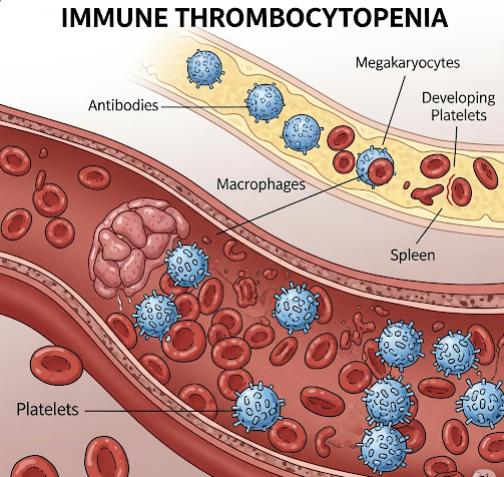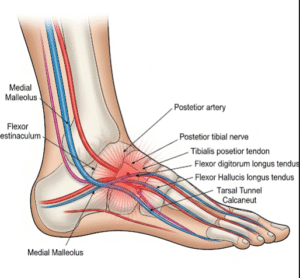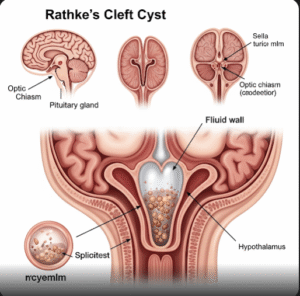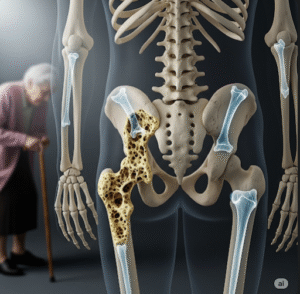Overview
Immune Thrombocytopenia (ITP), also known as Idiopathic Thrombocytopenic Purpura, is an autoimmune disorder characterized by a low platelet count (thrombocytopenia) due to the body’s immune system mistakenly attacking and destroying its own platelets. Platelets are essential for blood clotting, and their deficiency increases the risk of bleeding and bruising. In Korea, hematology and immunology clinics provide advanced diagnostic methods and personalized treatment plans to manage ITP effectively and reduce bleeding risks.
What is Immune Thrombocytopenia?
ITP is a condition where autoantibodies target platelets, leading to their premature destruction mainly in the spleen. This results in a low platelet count, impairing the blood’s ability to clot properly. ITP can be acute or chronic, affecting both children and adults. The acute form often resolves spontaneously, especially in children, while chronic ITP may require ongoing treatment.
Symptoms
- Easy bruising and petechiae (small red or purple spots on the skin)
- Prolonged bleeding from cuts
- Nosebleeds and bleeding gums
- Heavy menstrual periods
- Blood in urine or stool in severe cases
- Fatigue and general weakness
Causes
- Autoimmune response where antibodies target platelet surface proteins
- Sometimes triggered by infections, medications, or other autoimmune diseases
- In many cases, no identifiable trigger (idiopathic)
Risk Factors
- Viral infections (e.g., HIV, hepatitis C)
- Autoimmune disorders like lupus
- Certain medications (heparin, quinine)
- Family history of autoimmune diseases
- Age and gender (more common in females and adults)
Complications
- Severe bleeding episodes requiring emergency care
- Intracranial hemorrhage (rare but life-threatening)
- Impact on quality of life due to bleeding risk and treatment side effects
Prevention
- Avoiding medications that affect platelet function
- Prompt treatment of infections
- Regular medical monitoring to detect platelet count changes early
Treatment Options in Korea
Diagnosis
- Complete blood count (CBC) showing low platelets
- Bone marrow biopsy to rule out other causes
- Tests for antiplatelet antibodies (though not always definitive)
- Exclusion of other conditions causing thrombocytopenia
Medical Treatments
- Corticosteroids – First-line therapy to reduce immune activity
- Intravenous Immunoglobulin (IVIG) – Used in severe or acute bleeding cases
- Thrombopoietin receptor agonists (eltrombopag, romiplostim) – Stimulate platelet production
- Immunosuppressants – For refractory cases
- Rituximab – Monoclonal antibody targeting B-cells in chronic ITP
Surgical or Advanced Therapies
- Splenectomy – Surgical removal of the spleen in cases resistant to medical treatment
- Emerging treatments such as novel immunomodulators
Rehabilitation and Support
- Patient education on bleeding precautions
- Regular follow-up to monitor platelet counts
- Psychological support for coping with chronic disease
Top Hospitals or Clinics in Korea
- Seoul National University Hospital – Hematology Department
- Samsung Medical Center – Blood Disorder Clinic
- Asan Medical Center – Hematology and Oncology Division
- Yonsei Severance Hospital – Hematology and Immunology Clinic













